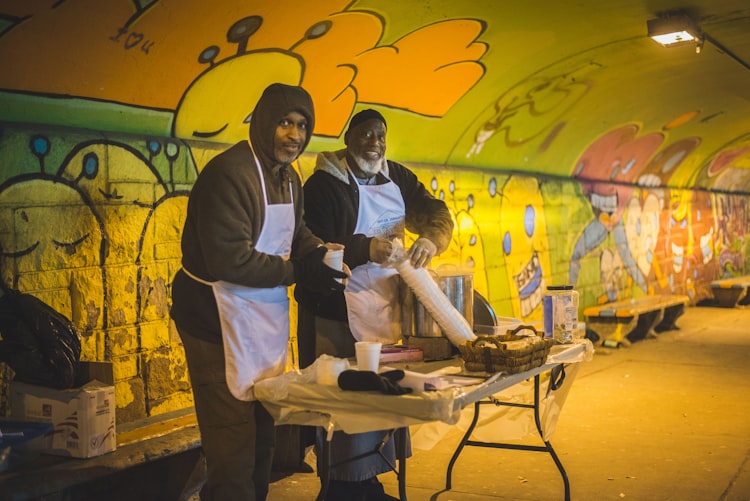 |
| Photo by Victoria Kubiaki. |
It's Smart to Be Helpful
Here is a new measure of intelligence: how much a person is willing to help someone else out. Okay, that would be a SLIGHT misinterpretation of these findings, but a new study shows that people who are more intelligent are more likely to be helpful, collaborative, and otherwise prosocial. It's a correlation that makes me feel hopeful for the world, and so I am holding onto it!
Say Thanks, Not Sorry
For a while, some friends and I have been trying to replace our apologies with gratitude, saying "thanks for listening" instead of "sorry for talking so much," for example. We have found that it makes all of us feel better about the conversation. Well, now science has shown that, in customer service settings, it is, in fact, better to say thank you than sorry. When there has been a service failure, it's better to address it by thanking the customer for (for example) sticking around than to apologize.
How to Help Sad Friends
Given how many people are going through ROUGH TIMES right now, this research is especially useful: it's more helpful to validate someone's negative feelings than criticize, correct, or try to reframe them. If someone is stressed or down, instead of trying to help them see the bright side, all you need to do is give them some space to talk through their feelings. (This is literally what I pay my counsellor $120 a pop to do for me.)
Persistent Germs
In vet's clinics (where diligent disinfecting practices are supposedly in place), only about half of the surfaces were actually disinfected. So it's a lot more work than you might think to keep those germs away! Now is a time to be as diligent as possible, of course, without panicking.
PARTIICIPATE IN SCIENCE!
There is a study on right now about the impact of COVID-19 on people's mental health and lives. The first part of it is simply a survey of your understanding of the illness and how it has impacted your well-being. After that you have the option of joining the next phase and doing a daily journal study. You can HELP SCIENCE right now!
Sign up for my email newsletter for a bi-weekly digest and bonus content!

No comments:
Post a Comment